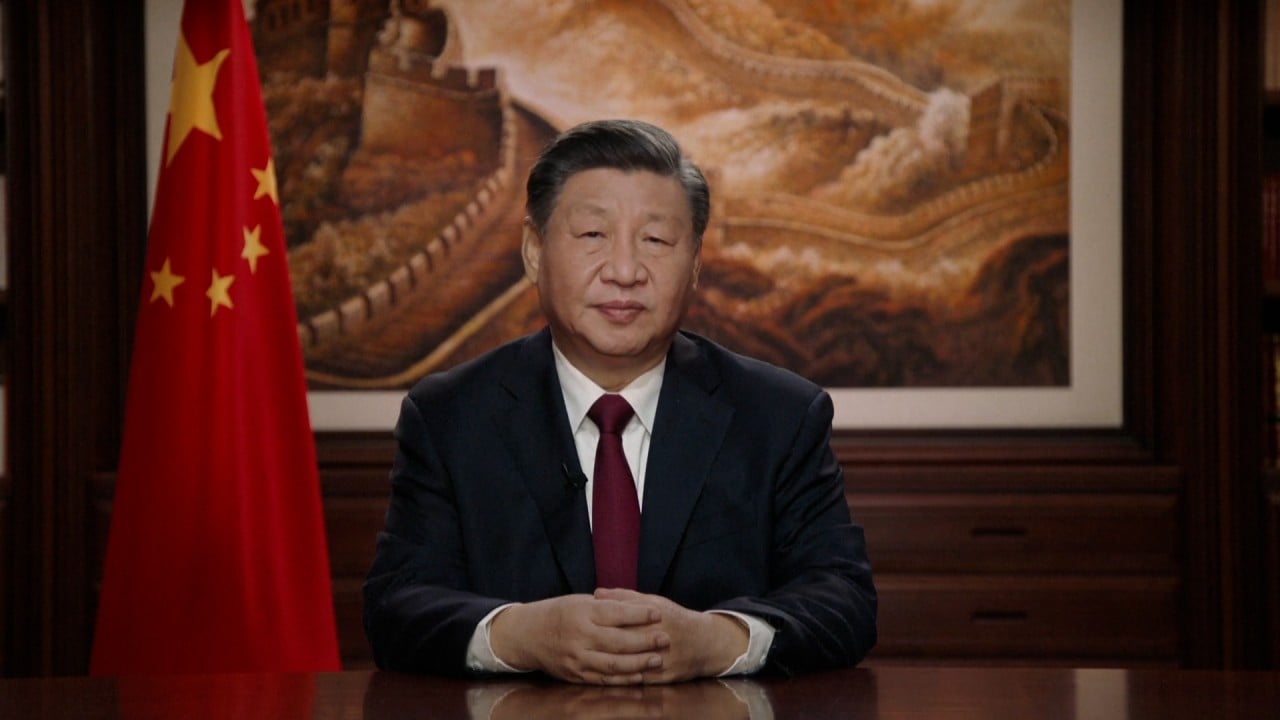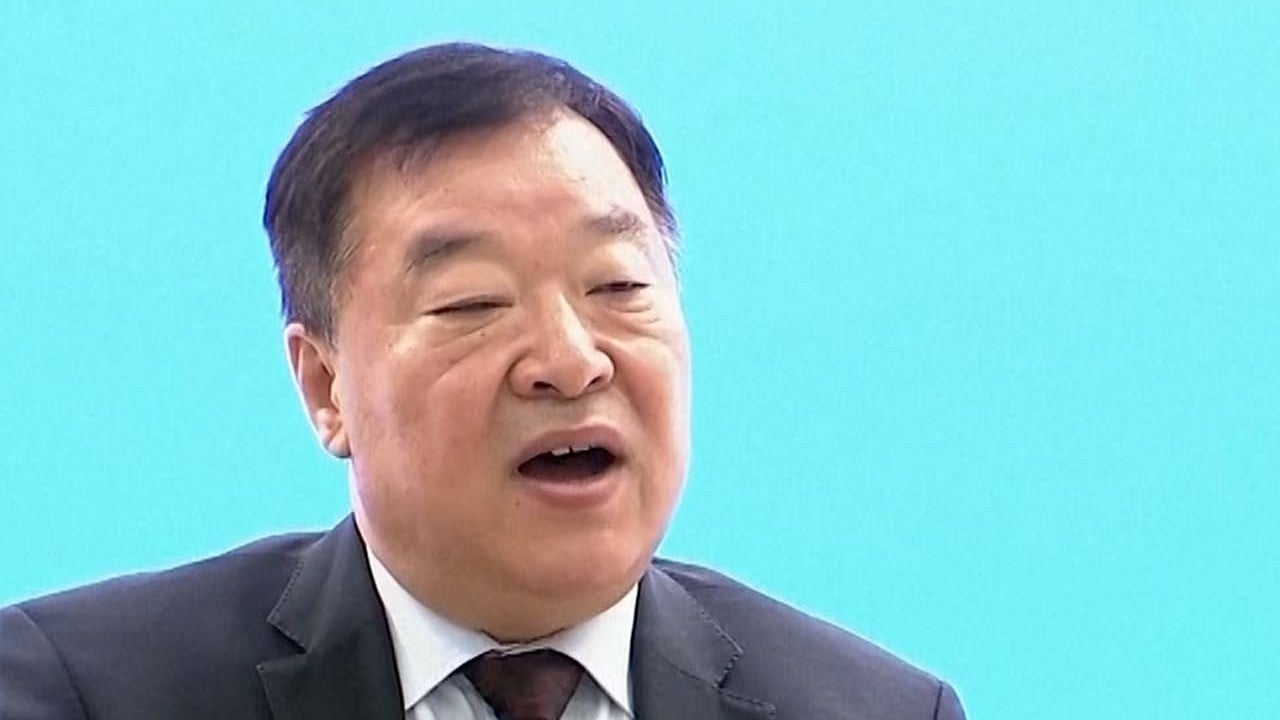
As Covid gloom lingers, China’s tourism industry faces long road to recovery
- Following eased pandemic controls, sector struggles to shake off three-year slump
- Travellers with less to spend booked shorter trips during the New Year holiday
Over the New Year holiday that ended on Monday, domestic travel saw a mild recovery, but remained well below pre-pandemic levels. About 52.7 million trips were recorded across the country, an increase of 0.44 per cent from the same period last year, according to data posted by the Ministry of Culture and Tourism.
Australia, Japan ramp up testing for China arrivals. Malaysia, New Zealand don’t
The total number of trips was just 42.8 per cent of the level recorded during the pre-pandemic 2019 Near Year holiday period, while tourism revenue was just 35.1 per cent of 2019 levels.
“I was so excited to finally be able to travel to Changsha to be with my boyfriend, and was planning to do some sightseeing after being holed up at home for months, only to find out I tested positive for Covid the night I got here,” said Wang Wenwen, 27, an office worker who lives in the northwestern city of Xian.
“We spent the whole week being stuck in the hotel room and ended up ordering deliveries every day.”
WHO scientists call for ‘realistic’ China Covid data amid worry over spread
“We have seen an increase in domestic tourists during the New Year holiday period, with most of them coming from Shanghai and neighbouring provinces such as Tianjin and Hebei. Bookings were about 60 per cent of pre-pandemic levels,” said an executive with Hotel JEN Beijing by Shangri-La, who asked not to use her name.
The executive said the hotel had pivoted towards hosting New Year parties and staycations to attract local customers to make up for the loss of international travellers and tourists from other provinces over the last three years. Revenue from this year’s New Year parties had reached pre-pandemic levels, but recent bookings from overseas tourists remained low, she said.
Beijing announced in December that it would dismantle its long-standing zero-Covid policy, reopening borders and lifting quarantine requirements on international arrivals from January 8.
An executive with another five-star hotel in Beijing, who asked not to be identified, said the management was not optimistic that the easing of Covid rules would help lift bookings.
China sends virus data to international database ahead of WHO meeting
Despite the gloom, China can expect around 20 million international visits by the end of this year, according to a report released in December by China Tourism Academy, a research institution affiliated with the Ministry of Culture and Tourism.
Still, that projected number is far less than the 145 million trips China saw in 2019, and would be a decline of more than one-third from the 32 million trips recorded last year.
Online travel agency Tuniu Corporation said most of their customers chose shorter trips compared to the previous New Year, with most travelling for less than three days. Warmer destinations like Hainan and Yunnan were the most popular choices among travellers from Beijing, Shanghai, Nanjing and Tianjin.
“There has been great enthusiasm for travelling after the easing of the epidemic measures, but the tourism market will have to go through a transition period before a full recovery,” said Wang Tengfei, a spokesperson at Tuniu.
Liu Simin, a tourism expert at the China Society for Futures Studies, a research institute based in Beijing, expected the tourism sector to finally start recovering now that Covid restrictions are being lifted, but added it could be months before infections drop enough to allow more people to travel again.
“The pent-up desire Chinese people have to travel has fuelled the moderate recovery we saw over the New Year period, but the purchasing power of Chinese tourists has been weakened due to the sluggish economy and rising unemployment, causing people to shorten or delay their trips,” Liu said.
“Inbound tourism is also slow to recover as international travellers are wary about China’s Covid outbreaks, and the lack of demand will drive up the prices of flights to China, further discouraging people from travelling to the country,” he said.



